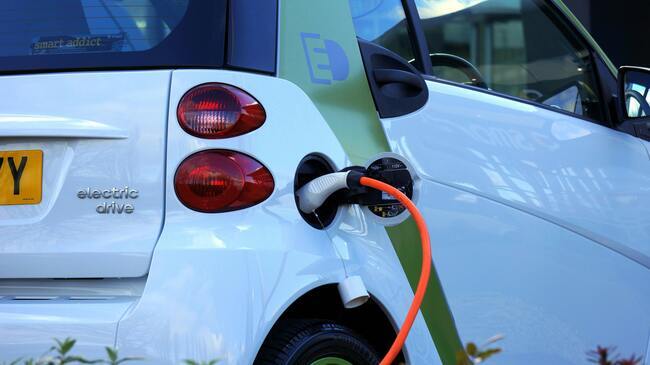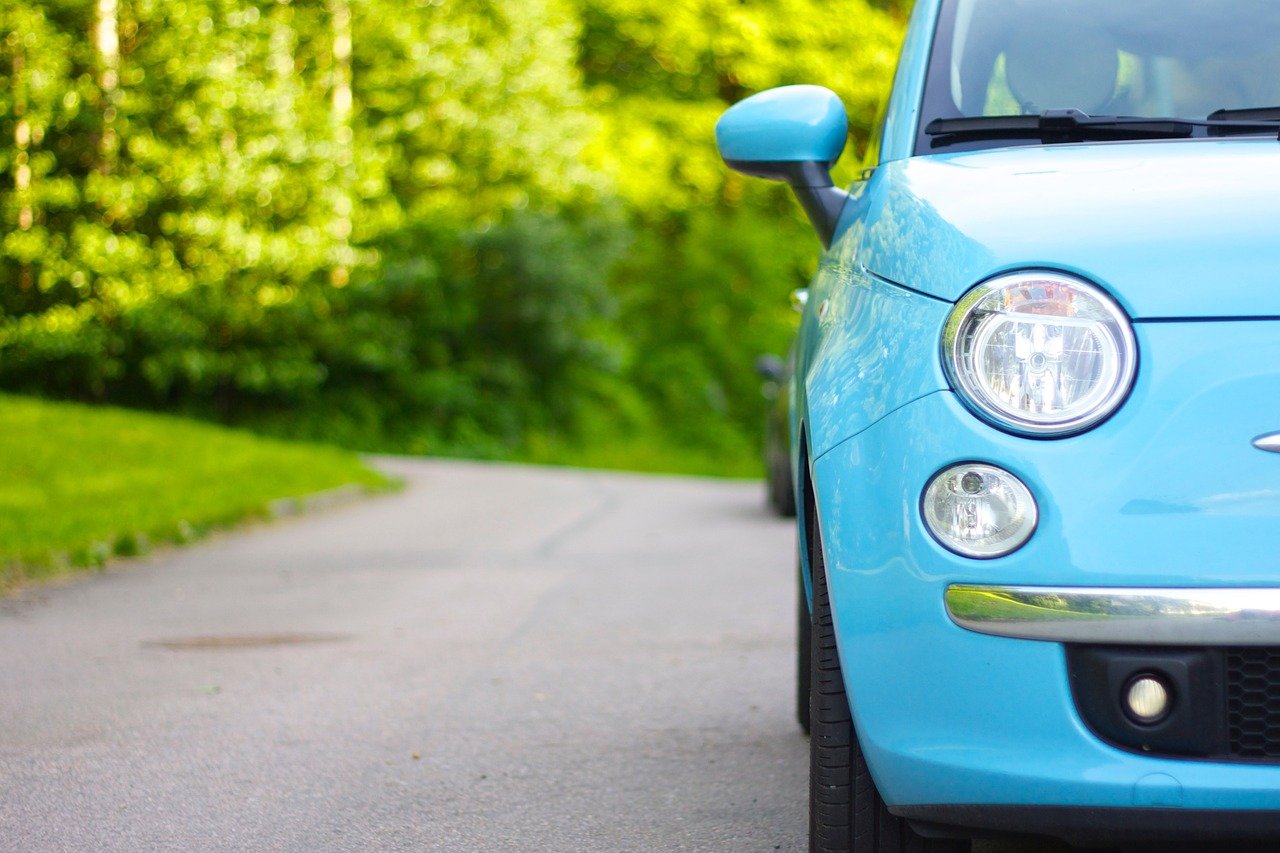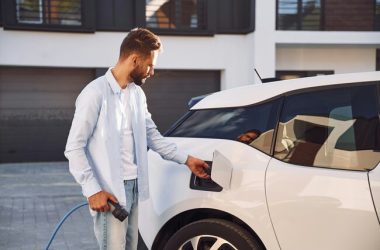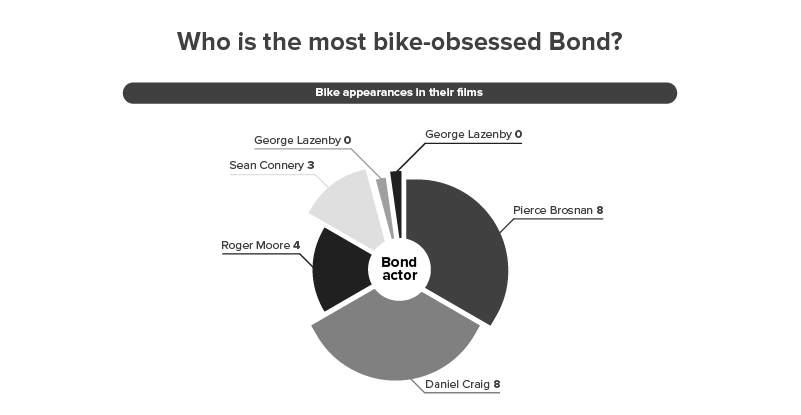Last Updated on: 22nd August 2024, 07:23 pm
The Electric Car Scheme has unveiled the most common misconceptions and myths surrounding electric vehicles (EVs) in the UK. Affordability remains the primary concern for nearly 70% of potential EV buyers. Concerns about battery health, costs, and range anxiety persist among drivers, though demand is rising as prices fall.
The Electric Car Scheme is shedding light on the biggest concerns that are holding Brits back from switching to EVs, along with the myths and misconceptions that are hindering widespread adoption.
As part of its latest research report, Affording Sustainability, the EV salary sacrifice provider surveyed 2,000 Brits to identify the factors that are slowing down the uptake of EVs.
The survey found that the most significant barrier for Brits considering a switch to an EV is the upfront cost of the vehicle, with 68% of respondents citing this as a key factor preventing them from purchasing an EV. While this issue is well-known, it is gradually improving as more entry-level models are introduced to the market, reducing the cost of new EVs.
The market for used EVs, where prices are significantly lower, is also driving increased demand. Since incorporating used cars into its offerings, The Electric Car Scheme has seen these vehicles account for half of its sales.
Range anxiety remains a concern for around 40% of Brits, according to the survey, but with a record 6,000 new public chargers installed in the first three months of 2024 alone, this issue is beginning to be alleviated. Battery technology is advancing rapidly, with recent developments, including one from the Chinese EV manufacturer Zeekr, suggesting that batteries could soon be charged from 10% to 80% in just 10 and a half minutes using ultra-rapid charging stations. Additionally, data from The AA shows that only 1.4% of breakdowns were due to running out of charge, a figure that is only slightly higher than for petrol or diesel vehicles.
Although the running costs of EVs are generally a significant advantage, they are still a concern for 34% of Brits. However, running an EV is, on the whole, considerably cheaper than driving an equivalent petrol vehicle. Recent analysis by The Electric Car Scheme indicates that as of 15th July, petrol car owners had already spent as much on fuel as the average EV driver will spend on charging for the entire year.
Battery reliability is a worry for 31% of potential EV drivers, but this is actually one of the easiest concerns to manage. Data from battery health experts ClearWatt shows that with careful charging habits, batteries can lose just 5% of their performance after seven years of use and over 85,000 miles driven. However, they also found that one specific EV, which was frequently rapid charged to 100%, experienced 30% degradation in just three and a half years.
Patrick Cresswell, co-founder of ClearWatt, stated: “Electric vehicle battery degradation varies significantly depending on usage patterns and thermal management. It’s well-known that the original Nissan Leaf experienced high rates of degradation (due to a lack of effective battery cooling) and the picture has certainly improved in the second and third gen EVs that have come to market in the preceding years. While most modern EVs maintain battery health well however, outliers certainly do exist and this is usually linked to how the vehicle has been treated.”
The Electric Car Scheme CEO and Co-Founder Thom Groot commented: “We have reached the stage in EV technology and infrastructure where the old concerns are becoming less and less important and, in fact, many of them have become myths or at least misconceptions. The availability of rapid chargers has made the long drive just as feasible as in any other car, and with proper care, batteries are now incredibly reliable.
“The main concern is, instead, affordability, which was the biggest barrier for 68% of Brits, way out in front of any concerns around range, reliability or resale value. This is why we started The Electric Car Scheme, to make EVs more affordable and help increase uptake ahead of the coming phase-out of traditional cars. It is also the reason that our used EV proposition has been so popular, with it now making up half of our sales, as when EVs become cheaper up-front than petrol equivalents it really is a no-brainer to make the switch.”








